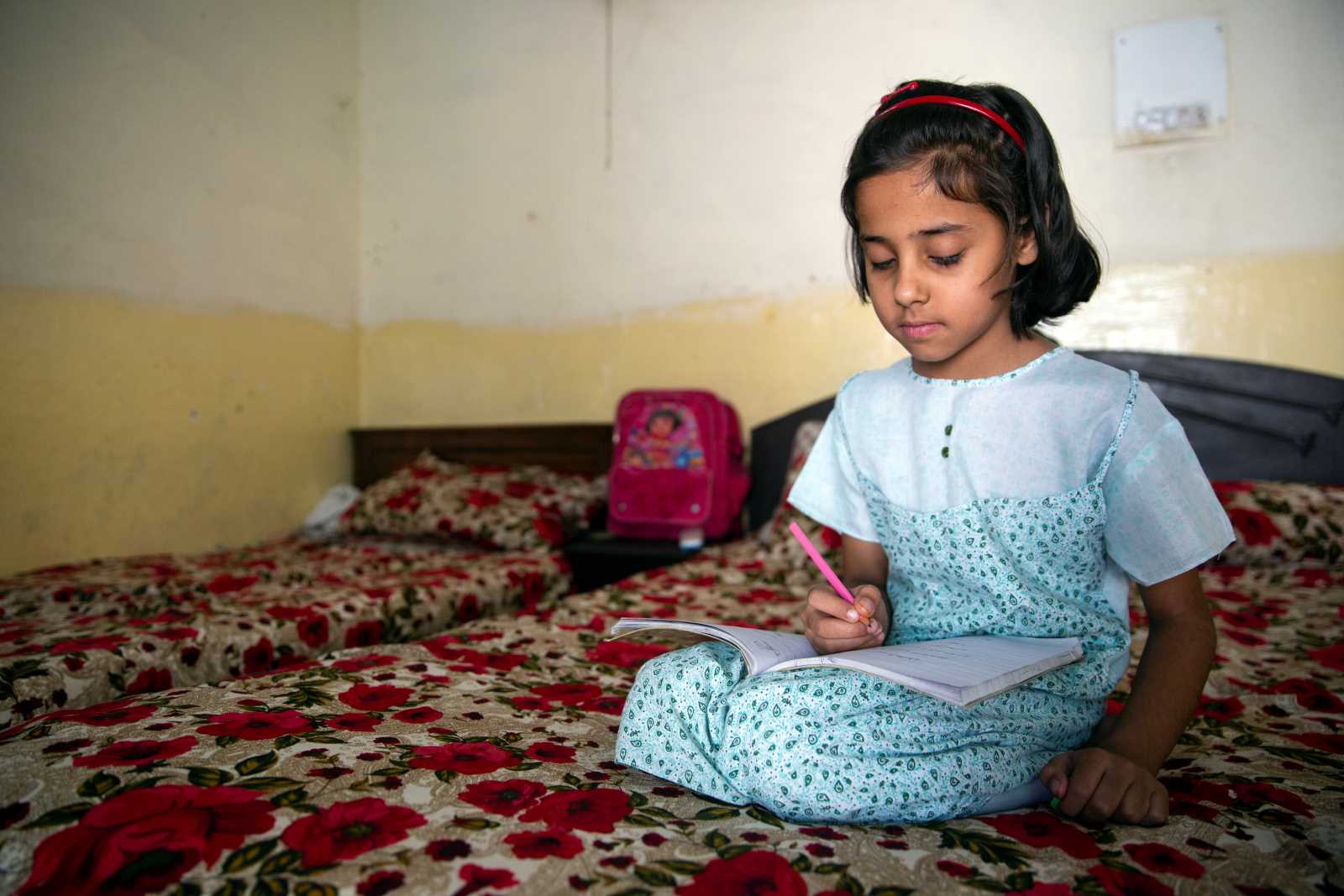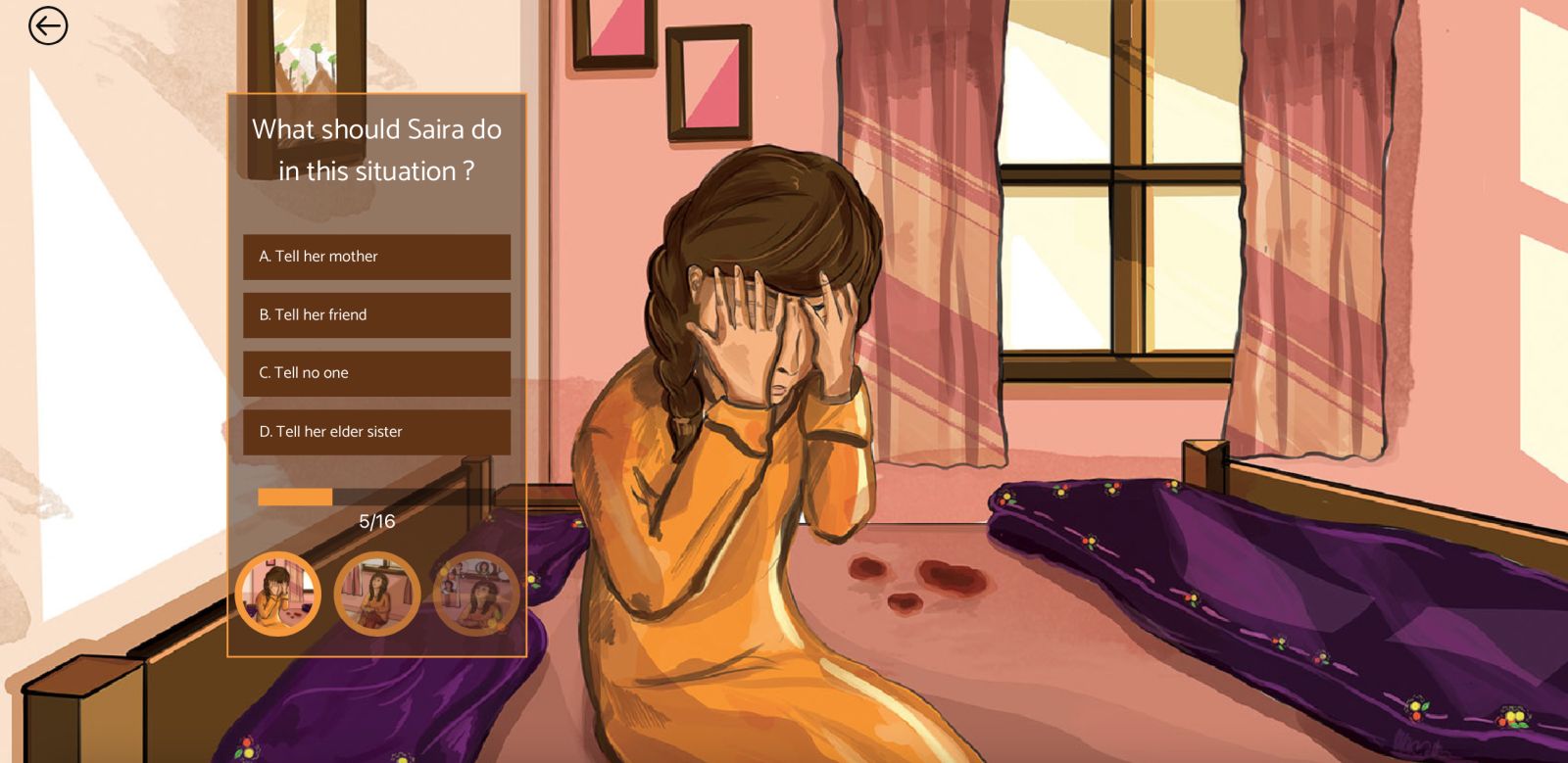Mental health
When divorce becomes a stigma

Mental health is one of the most neglected areas of public health. According to statistics from the World Health Organization (WHO), around one billion people worldwide live with a mental disorder – but adequate treatment options are lacking in many places.
Pakistan has one of the highest rates of mental illness in the world. According to WHO estimates, 24 million people in Pakistan need mental health care – a tenth of the total population. An analysis of psychological data from 2023 shows that depression and anxiety are the two most common illnesses, and mental disorders are more common with women.
One of the causes of mental health problems among women is divorce – but mostly not the end of the relationship itself, but the stigma associated with it. Divorce is a social taboo in Pakistan. High rates of suicides and attempted suicides make it clear that this also has an impact on physical health.
Fareeha, 28, is one of the women who attempted suicide. “When my husband divorced me after only 13 months of marriage, I was happy to get rid of the abusive relationship, but with time I realised that the end of marriage did not mean the end of suffering in my life,” she says. Her family, especially her brothers and sisters-in-law, blamed her for the divorce. Constant criticism, derision and social scorn led to her developing depression and trichotillomania, an impulse control disorder that causes people to pull their hair out. “The divorce triggered feelings of guilt, anxiety, loneliness, shame, sadness and a sense of worthlessness in me,” she says. In the end, she tried to kill herself by ingesting an insecticide, but family members took her to hospital, and she survived.
Aneela’s husband divorced her in 2019. The 39-year-old fell into depression too. Chronic anxiety caused panic attacks. Similar to Fareeha, her ordeal began during marriage because her husband abused her. But divorce was unthinkable for her. “Women who want a divorce are killed by their husbands and in-laws because they bring shame on the family. So, I put up with my husband’s domestic violence,” she says.
A new chapter
Qazi Shahbaz Mohyuddin, a psychiatrist working in the city of Peshawar, says: “When women want to talk about their divorce, they are discouraged. In our society, it is considered a sin to even talk about it.” Patients who have gone through a divorce experience feelings of shame, embarrassment, low self-esteem and self-blame and develop confidence issues. These feelings then lead to all sorts of health problems ranging from anxiety, depression, migraines, stress, insomnia, high blood pressure, gastrointestinal and nerve problems to impulse control disorders, suicidal thoughts, panic attacks and substance abuse. The psychiatrist adds that divorce also has a negative impact on women’s social lives and drives them into loneliness. In his therapy, he tries to work with women to “see divorce not as the end of life, but as a new chapter in it”.
Mohyuddin is one of very few psychiatrists in the country. According to the WHO, there is only one psychiatrist per 526,000 inhabitants in Pakistan, one of the lowest rates in the world.
There are also not many initiatives that fill this gap. Taskeen Health Initiative is one of them. Sarah Hatim is clinical coordinator at the Pakistani non-profit organisation that promotes mental health and offers free mental health support. She says that divorce marginalises women and isolates them. The initiative offers free telephone counselling to people from all walks of life and age groups. Through their Stories of Hope programme, in which affected women and other people with mental health disorders tell their stories, they aim to raise community awareness and offer discreet self-help options.
Pakistan needs more professional psychiatric care and initiatives that work to break down stigma and taboos and offer disadvantaged women the chance to get help to really turn over a new page in their lives.
Mahwish Qayyum is a freelance journalist from Pakistan.
euz.editor@dandc.eu
If you are thinking about taking your own life, please talk to friends and family about it. International suicide hotlines offer professional help:
https://blog.opencounseling.com/suicide-hotlines/













